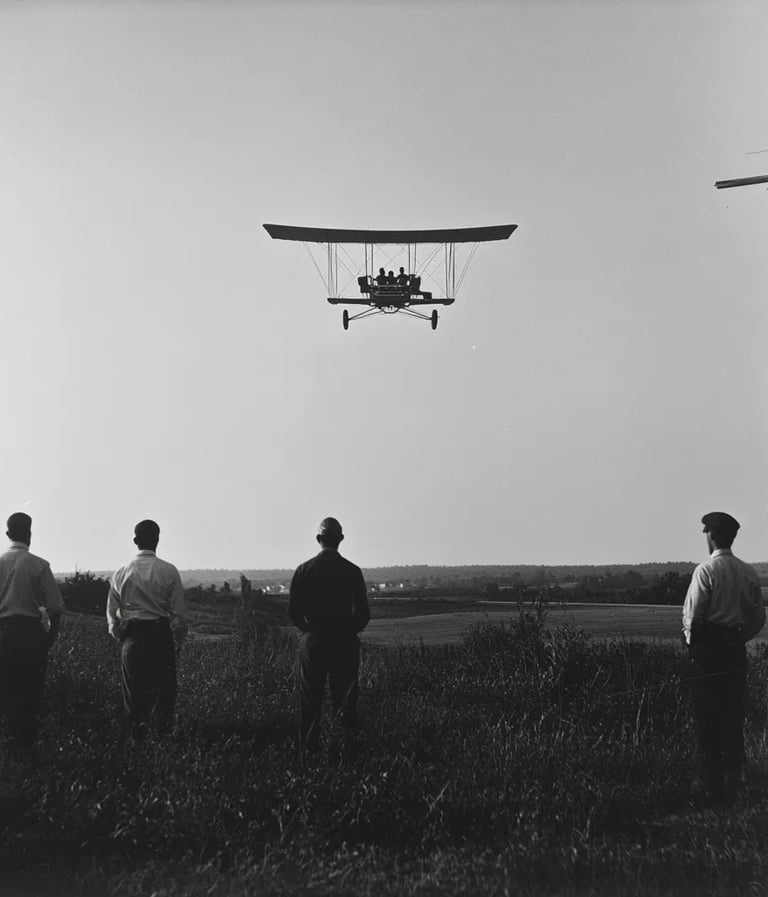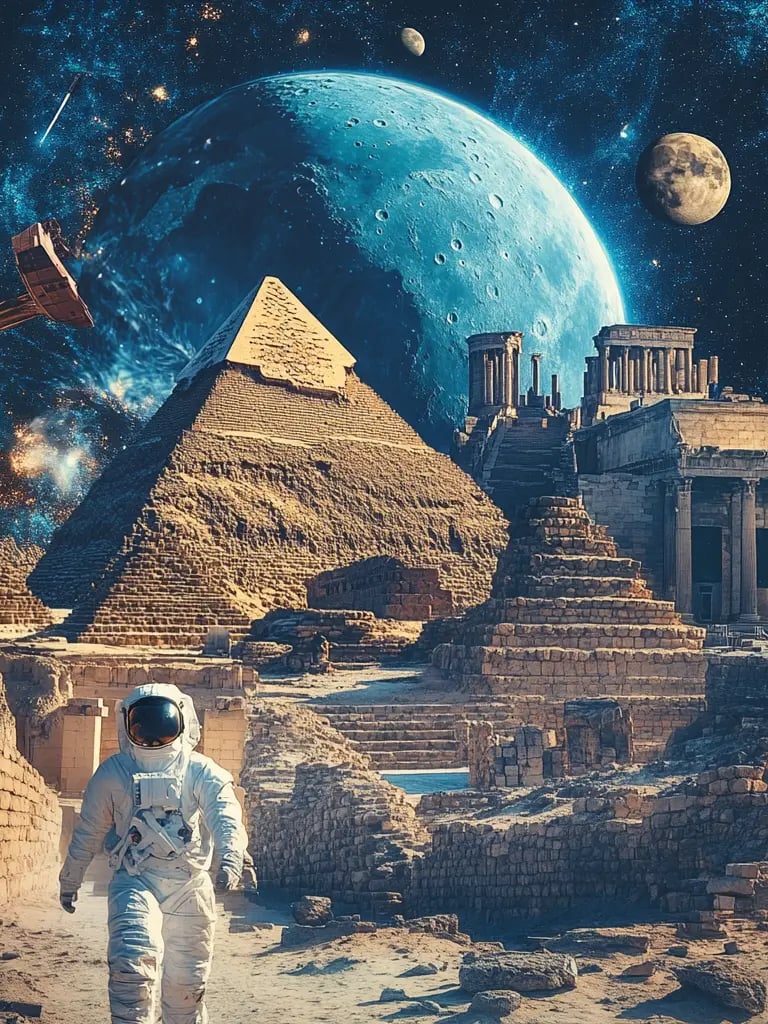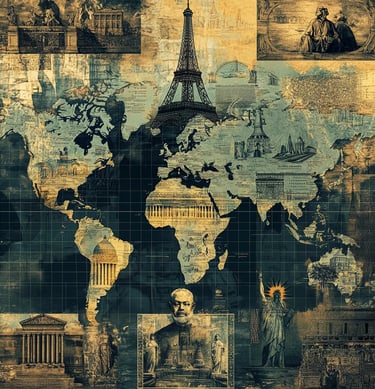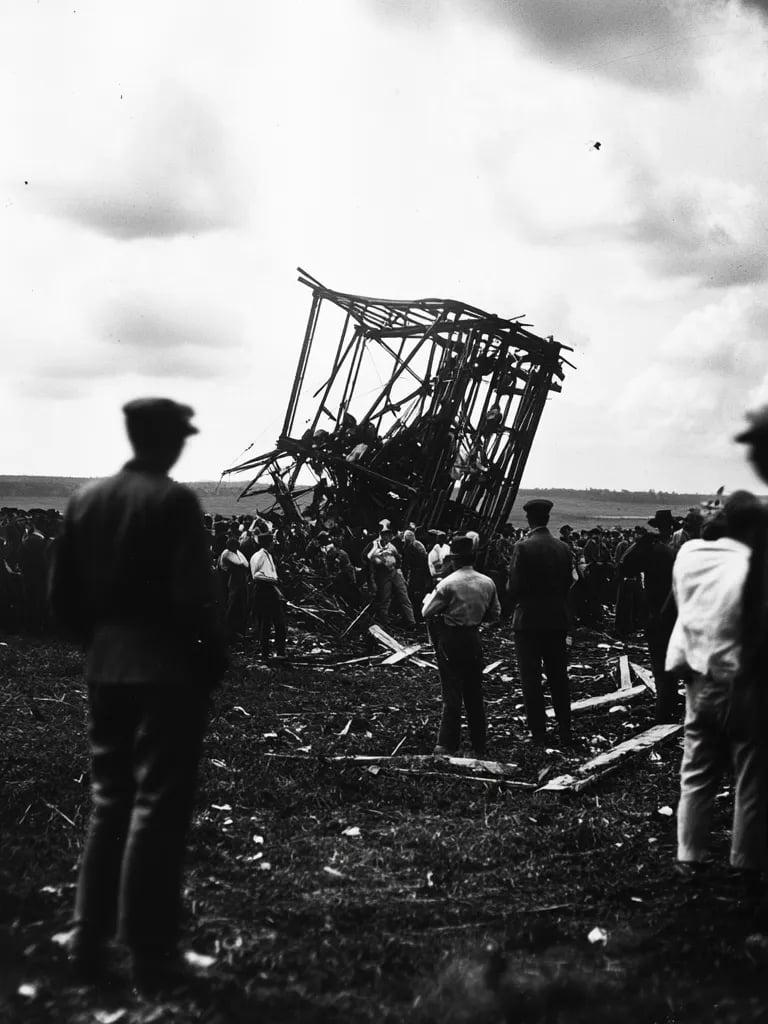In 642, Arab forces under General Amr ibn al-'As successfully conquered the city of Alexandria, marking the end of Byzantine control in Egypt. This event solidified Muslim rule in Egypt and was a key moment in the early expansion of the Islamic Empire, making Egypt a central part of the caliphate.


642 – Arab Forces Conquer Alexandria


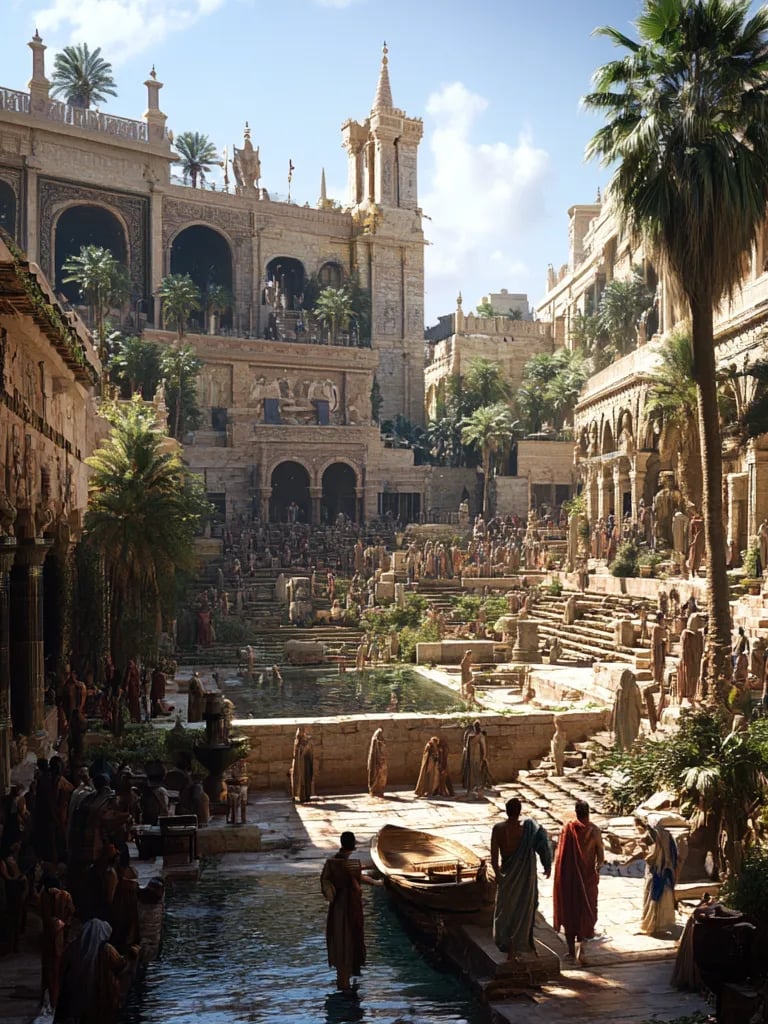

On September 17, 1683, Dutch scientist Antonie van Leeuwenhoek made history as the first person to report the existence of bacteria. Using a microscope he designed, van Leeuwenhoek observed and described microscopic organisms in a letter to the Royal Society of London, marking the birth of microbiology.


1683 – Antonie van Leeuwenhoek Reports the Existence of Bacteria
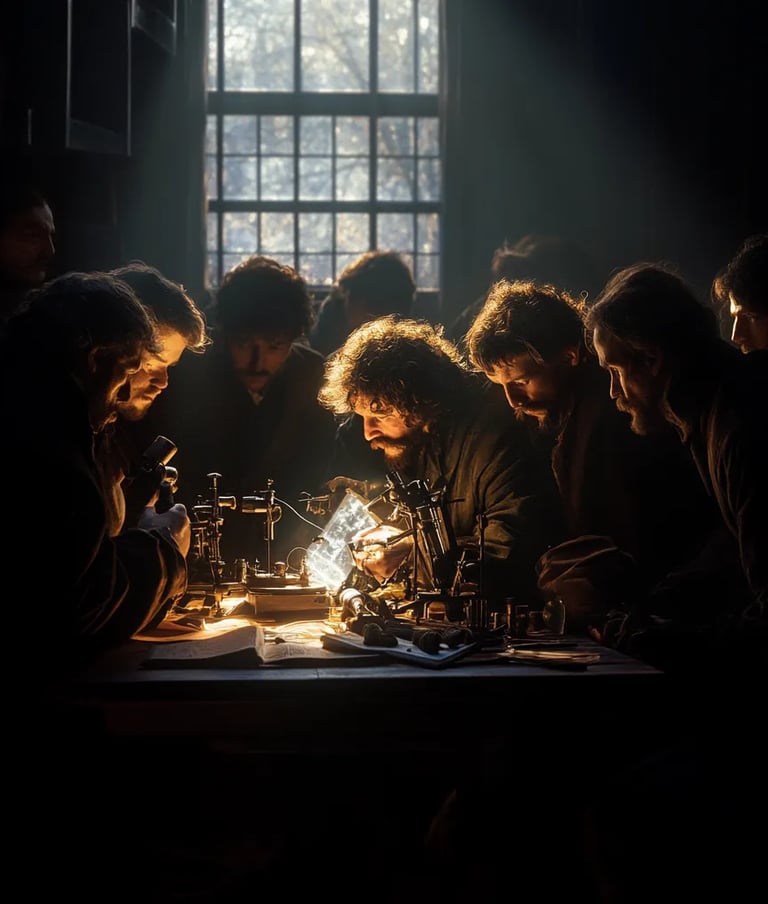



On September 17, 1787, delegates at the Philadelphia Convention signed the U.S. Constitution, establishing the foundational legal and political framework for the United States. The Constitution replaced the Articles of Confederation and introduced a system of checks and balances that continues to guide American governance today.
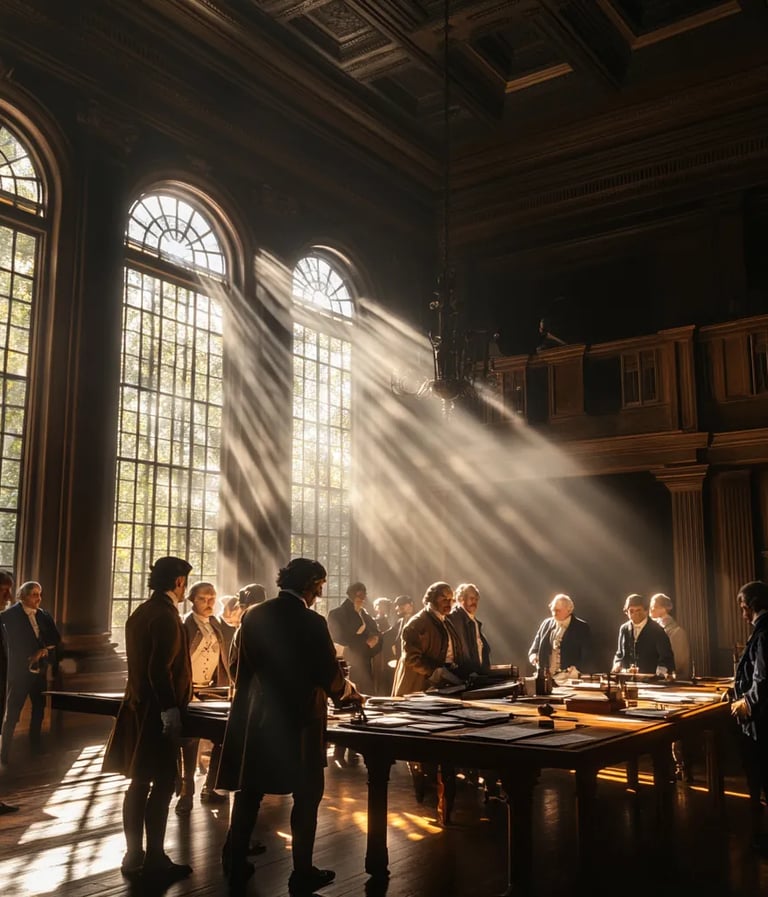

1787 – U.S. Constitution Signed


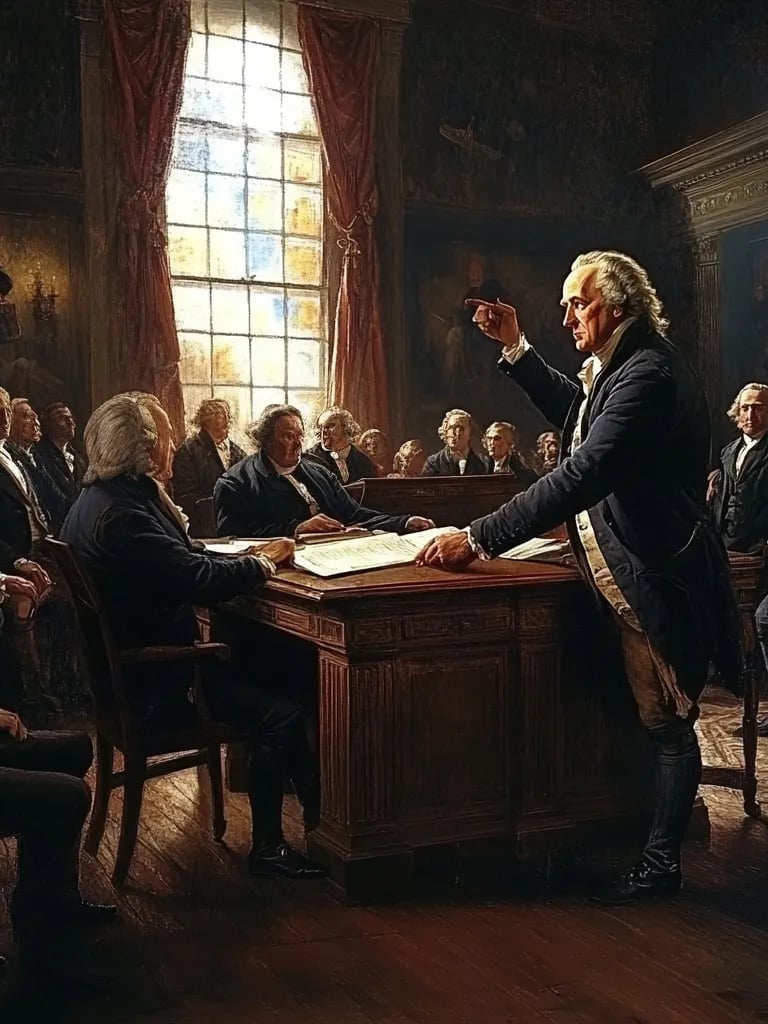

On September 17, 1859, Joshua Abraham Norton, a San Francisco resident, declared himself "Emperor Norton I of the United States." Though his title was unofficial, Norton became a beloved eccentric figure in the city, issuing proclamations and making bold (though symbolic) demands, such as calling for a bridge between San Francisco and Oakland.
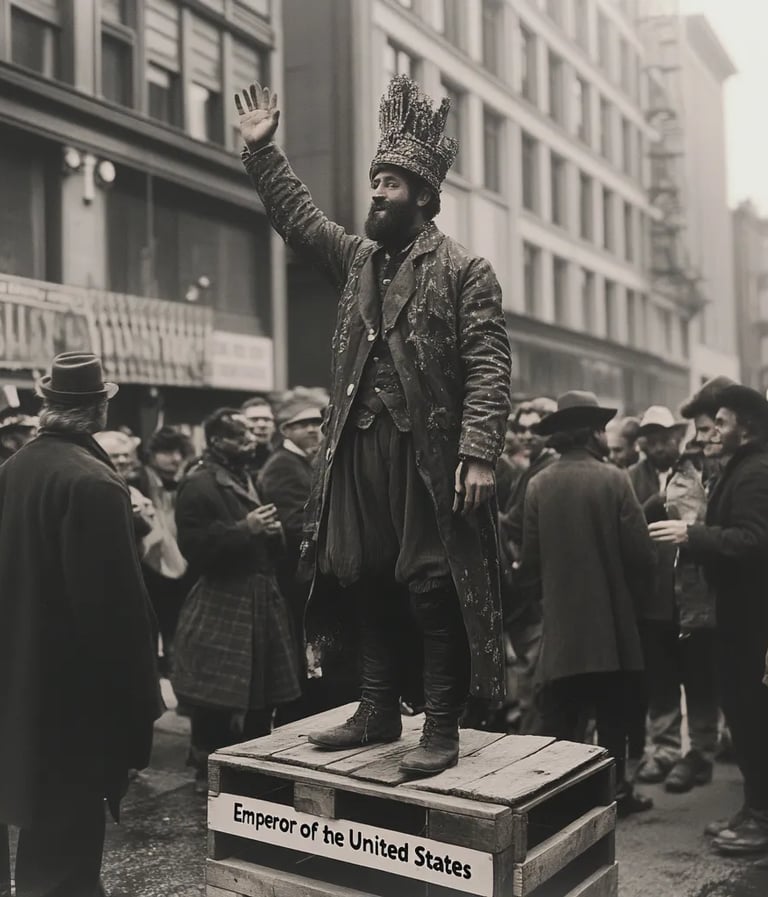

1859 – Joshua Norton Declares Himself Emperor Norton I
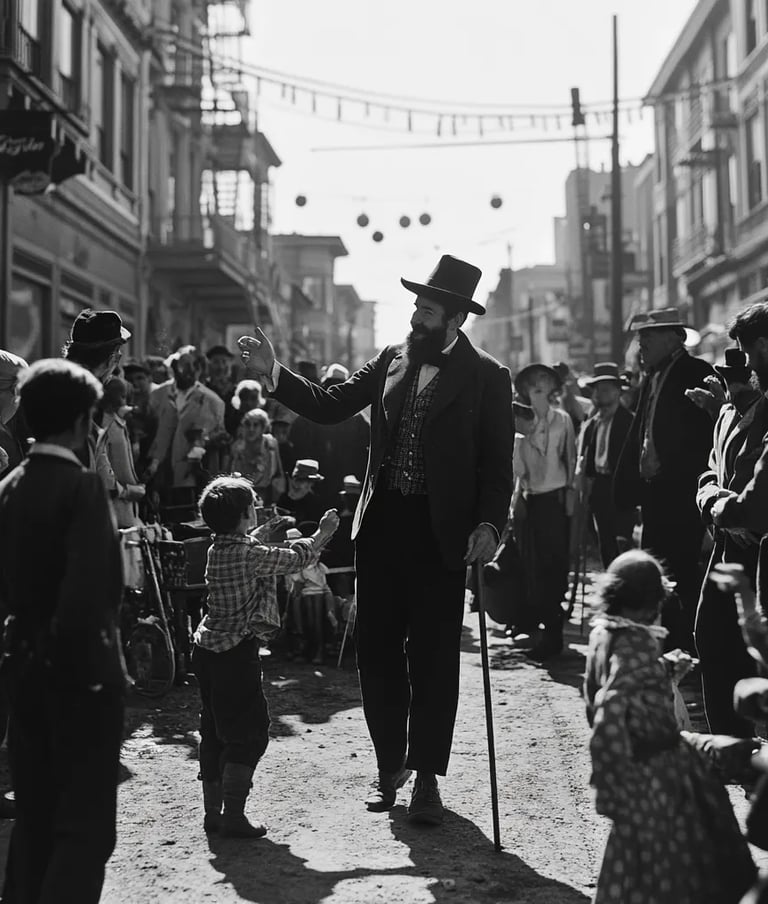

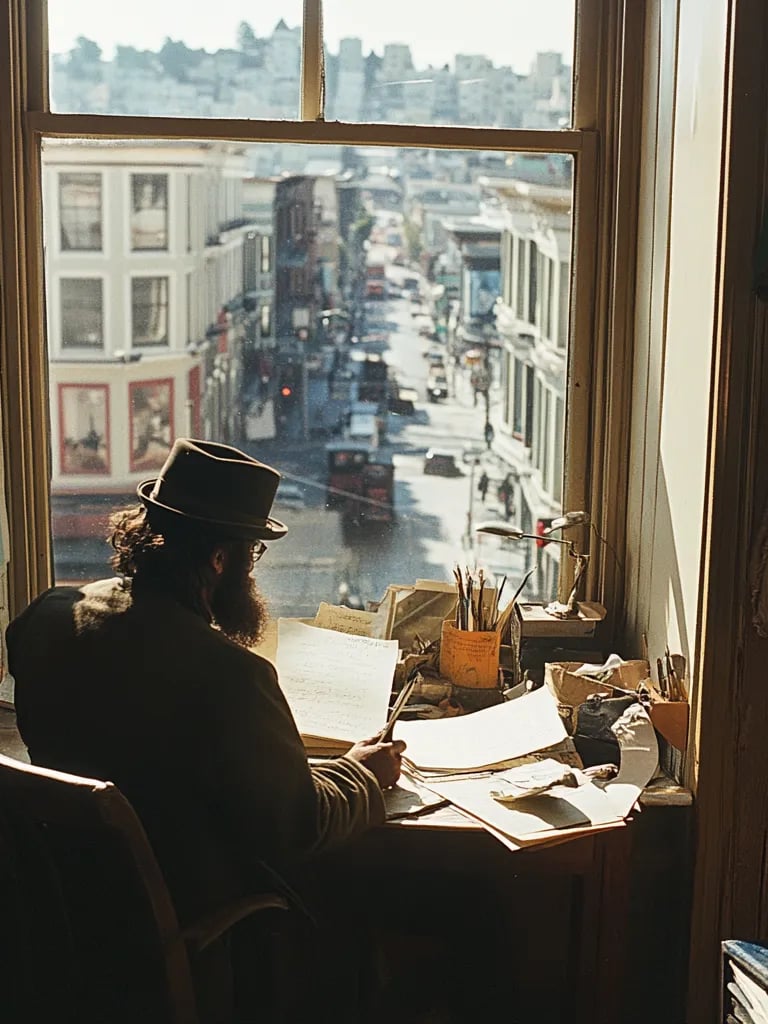

On September 16, 1908, General Motors (GM) was founded by William C. Durant in Flint, Michigan. GM quickly became one of the largest automobile manufacturers in the world, playing a key role in shaping the U.S. automotive industry and revolutionizing transportation through mass production and innovation in car design.
